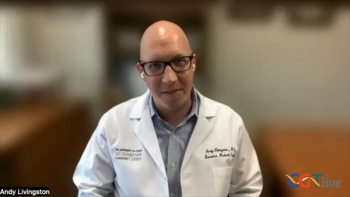
The associate professor at MD Anderson Cancer Center discussed the upcoming trial of NY-ESO-1 TCR/IL-15 NK cell therapy for SS and MRCLS.

The associate professor at MD Anderson Cancer Center discussed the upcoming trial of NY-ESO-1 TCR/IL-15 NK cell therapy for SS and MRCLS.
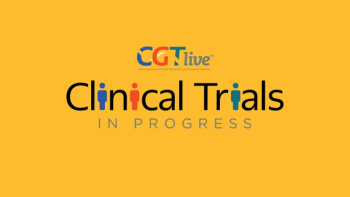
Notably, the trial is assessing intravenous administration of PRGN-3005 against intraperitoneal administration in 2 separate cohorts.

NFS-05 is an ophthalmic injection that uses an AAV vector to deliver the OPA1 gene to retinal ganglion cells.
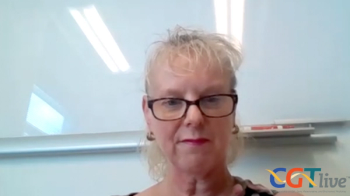
The chief scientific officer of Precision for Medicine discussed the unique aspects of clinical trials for gene therapies that need to be considered before initiation.

Krystal also noted that earlier this month the gene therapy received orphan drug designation from the FDA.

Sebastian Michels, MD, a postdoctoral fellow and member of the La Spada Lab at University of California, Irvine, discussed how his lab’s findings may open the door to developing RNA therapeutics for ALS.
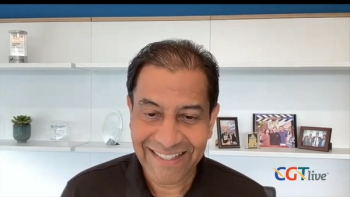
The chairman, chief executive officer, and cofounder of Ocugen discussed unmet needs within retinitis pigmentosa and the potential of OCU400 gene therapy.

Review top news and interview highlights from the week ending September 22, 2023.
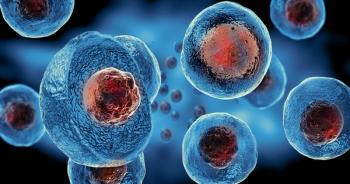
The FDA issued a CRL for the therapy, to be marketed as Ryoncil, in August 2023.
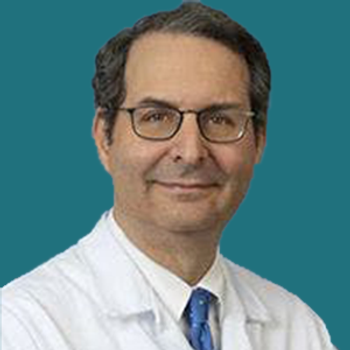
J. Randolph Hecht, MD, discusses the challenges researchers have faced in the development of cellular therapy for patients with solid tumors, and details how A2B530 could potentially overcome some of these obstacles.

The company is now prioritizing its gene therapy program for Rett syndrome.
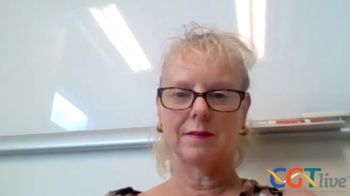
The chief scientific officer of Precision for Medicine discussed the previous and current delivery methods used for gene therapies and new innovations on the horizon.
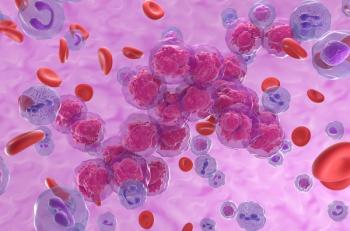
Cells from patients with ALL treated in the CARPALL study were analyzed and sequenced.

Catch up on the latest news, breakthroughs, and announcements from biotechnology companies making advancements in cell and gene therapies.

The founding president and chief executive officer of Parent Project Muscular Dystrophy discussed recent and upcoming milestones in the field.

Among 12 patients evaluable for efficacy, 10 patients experienced stabilization or improvement from baseline in BCVA in their treated eyes.

Opus Genetics plans to add a pediatric cohort to the phase 1/2 trial once safety is established in adults.

Juan Francisco Cabello, MD, the head of the Pediatric Neurology Fellowship Program at the University of Valparaíso in Chile, discussed the current state of newborn screening and what needs to change.
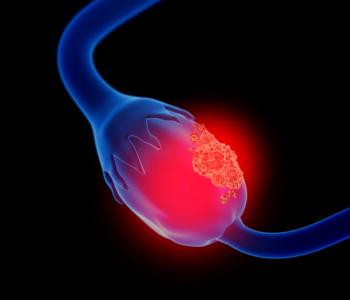
The trial has dosed its third patient, and, safety validation pending, plans to dose a second cohort beginning at the end of 2023.

The PDUFA data has been set for March 18, 2024.

The companies plan to evaluate the combination therapy in patients with HL in the phase 2 LuminICE-203 clinical trial.
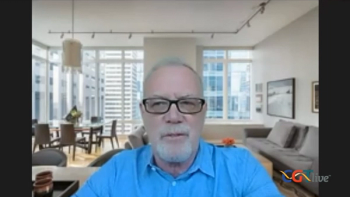
The chief scientific officer of CureDuchenne discussed progress in the field so far and upcoming milestones.

The study will utilize a pediatric safety run-in that will include 2 patients.
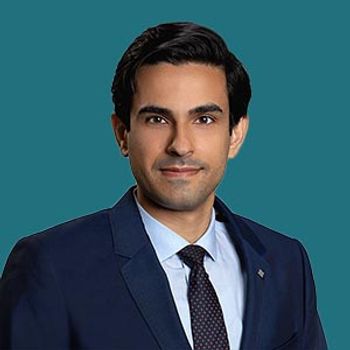
Sattar Khoshkhoo, MD, the founding director of the Epilepsy Genetics Clinic at Brigham and Women's Hospital, spoke about how his lab’s findings may imply a need to rethink epilepsy treatment development.
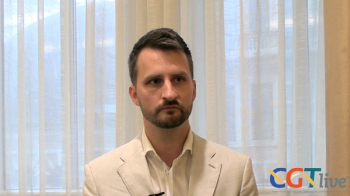
The postdoctoral fellow and member of the La Spada Lab at University of California, Irvine, discussed findings he presented at ANA’s 2023 conference that may have implications for future RNA therapy development.
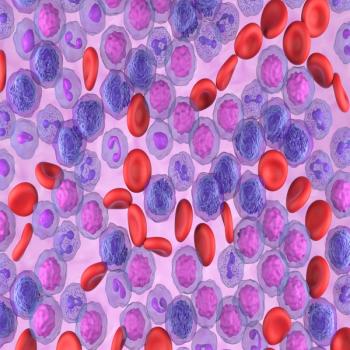
The FDA has accepted the company’s plan to address its current IND clinical hold on HEMO-CAR-T.

Review top news and interview highlights from the week ending September 15, 2023.
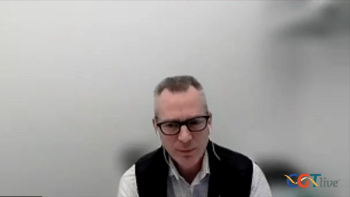
The chief scientific officer at Omega Therapeutics discussed the issues with other modes of therapies that OEC therapy may address.
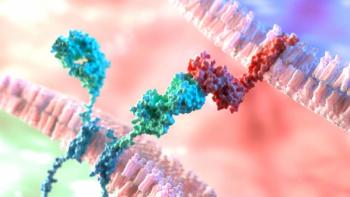
Kyverna stated that the patient, who received KYV-101 in July at the University of Colorado Anschutz Medical Campus, did not experience any ICANS.
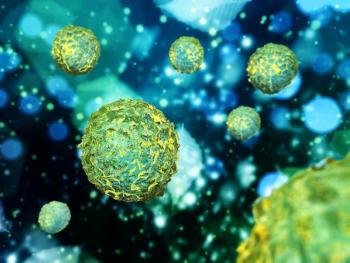
Patients were newly diagnosed and had acute myeloid leukemia positive for FLT3-iTD mutations.